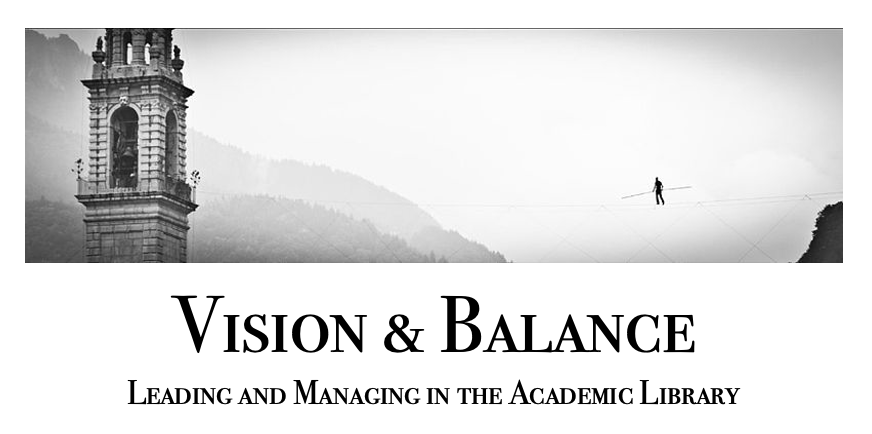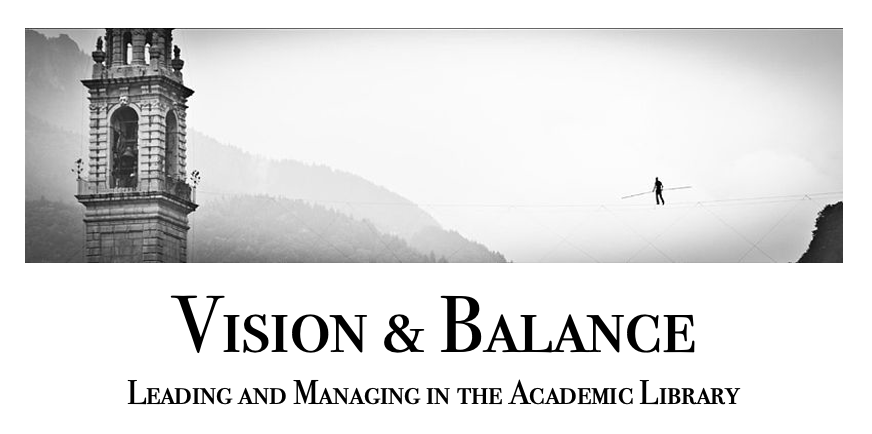On Helping People Deal with Change
Leading and navigating organizational change requires leaders to exhibit both firmness and kindness. How do you strike the right balance?

One of the most daunting challenges a library leader faces is implementing change. It's a challenge for multiple reasons.
First of all, libraries were never either designed or intended to change. On the contrary: for centuries, the purpose of the library has been to stay the same – to be constant, reliable, and solid, to act as a bulwark of consistency while all else in the world was being pushed to and fro by the winds of fad and innovation. This constancy is a deep-seated and longstanding characteristic of libraries, both for good and for ill.
Second of all – let's acknowledge this – the library profession has not historically tended to self-select for people who are naturally inclined towards constant change and innovation. Historically, it has attracted people who feel an affinity for the traditional characteristics of the library: consistency, reliability, solidity, etc. (Please note that I am not saying there are no innovative people in libraries; of course there are. But it's only been relatively recently that libraries have actively worked to attract out-of-the-box thinkers; historically, our job has been much more about gaining a deep understanding of the box and then thinking inside of it with a great deal of effectiveness – both for good and for ill.)
And third, it's just a general fact of human life that change is disruptive and sometimes deeply distressing, especially at work. When you hear that your job is changing, a part of you may be excited, but usually a much bigger part of you is freaking out: will my new role be seen as equally essential to the library as my old one was? Will I be good at this new job? Will I enjoy doing it? What about all the effort I put into becoming good at my old job – will any of that effort translate as preparation for my new one? Do I even agree in principle with the new direction my library is taking?
All of the above are fully rational and reasonable responses to change. And this is where good leaders come in. Because leaders who reflexively dismiss such questions as reactionary rigidity or resistance will make both their employees and themselves miserable. So what's the right approach?
